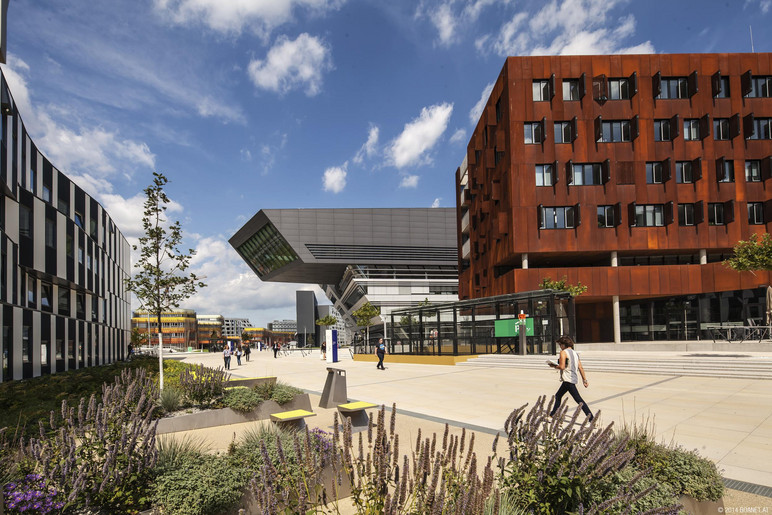Heike Hennig-Schmidt gave a presentation on "Altruistic preferences in medicine“ at Vienna University of Economics and Business
Heike Hennig-Schmidt was invited to give a talk at the Institute for Markets & Strategy, Vienna University of Economics and Business, Vienna, Austria, on January 22, 2019.

Title of presentation: "Altruistic preferences in medicine: An experimental panel study"
That is joint work with Arthur Attema (Erasmus U Rotterdam), Matteo M. Galizzi (LSE), Kerstin Eilermann, Mona Gross and Daniel Wiesen (U Cologne).
- The assumption of altruistic preferences is key in modelling physicians’ behaviour (e.g., Arrow, 1963). While the importance of physician’s altruism has been largely recognized in theory, the empirical measurement of physicians’ altruistic preferences towards their patients is still in its infancy. The experimental evidence mainly supports the notion that altruistic concerns affect physician’s decisions while it also indicates substantial heterogeneity in patient-regarding altruism (e.g., Godager and Wiesen, 2013). However, neither are the determinants of heterogeneity well understood nor is evidence available on how patient-regarding altruism develops over time (e.g, with medical students’ study progress).
- To contribute filling this gap in the literature we introduce a novel methodological approach combining a panel study with behavioural financially incentivized experimental measures to analyze patient-regarding altruism. Thereby, we are the first to assess the development of patient-regarding altruistic preferences over time and thus contribute to the economics literature on the stability of preferences (e.g., Andersen et al., 2008)
- During the panel, we follow medical students at the University of Cologne over the course of their study thus being able to explore at a within subject-level how altruism develops over time. By a comprehensive questionnaire on social preferences (Falk et al., 2018) and personality traits (Rammstedt, 2007; Ashton and Lee, 2007) we investigate the link to various individual characteristics. We also collected medical students’ stated job-related preferences. First findings of our cross-sectional analyses from the first-panel wave between April 2017 and November 2018 (N=709) suggest that medical students behave in a patient-regarding way, but with considerable heterogeneity in their behaviours. Moreover, altruism declines with study progress. In comparison to freshmen, the probability of choosing the treatment option providing the higher patient benefit decreases in the course of the study.
Picture source: Vienna University of Economics and Business
